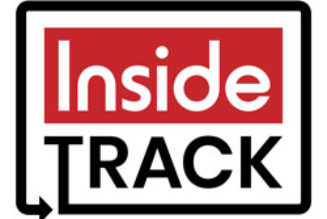Technology
Product development: Where Kenyan tech startups get it wrong
Monday July 10 2023
While startup mortality rates remain high, we must appreciate the place of small to medium-sized businesses as the backbone of any economy. FILE PHOTO | SHUTTERSTOCK
Building on my visit to GITEX Africa, the global technology extravaganza held for the first time in Africa in Africa in May 2023, I must share two observations that became apparent as I navigated halls filled with ambitious startup founders and their teams.
We have great minds and talents applying themselves to various challenges cum opportunities, many of which are transformational. However, we must temper this with certain realities.
Scale and ambition
We are sold to a Silicon Valley narrative that everything must be supersize with a large total addressable market and a sizable serviceable obtainable market.
These metrics position the potential of a business and support the idea that external funding is required to catalyse or unlock something.
Teams feverishly try to fit into this template. They get detracted from the basics, which should be to provide a service that resonates well with a market with a sustainable model supported by paying customers and not unnecessarily subsidised.
While improving connectivity, infrastructure, and tooling can allow us to reach world markets, the execution of a global strategy can be just as beneficially narrow as it can be detrimentally obtuse.
For example, it is better to plan entry into a handful of choice markets informed by deep research and not a pseudo-global footprint that will fall short of expectations.
Feature vs. product
In its most simplified form, innovation falls into the following buckets; radical, incremental, and disruptive. Distilled further, these cover the business model, network effects, organisational structure and processes, choice of channels, product ecosystem, and technology, to name a few.
At the centre of this effort should be a critical question of whether one is building a feature or a product.
Given the outlier nature of creating or building something novel, most businesses end up with features, not distinctive owned products.
The downside, especially in the digital age, is that barriers to entry get lower daily, and there is always the overhanging risk of incumbents doing it themselves, going either horizontal or vertical.
I would place the majority here, stitching services atop layers of third-party Application Programming Interfaces (APIs).
Nonetheless, even if a startup begins as a feature, it should quickly aim to establish a competitive advantage, creating a “moat” -a competitive advantage over its competitors – to allow for future growth into a proprietary product or acquisition.
To make the point, feature-type businesses with small teams that can address a local market need across different global jurisdictions should not be seen as less than those with ambitions of homogenous global dominance.
While startup mortality rates remain high, we must appreciate the place of small to medium-sized businesses as the backbone of any economy.
We must strike a balance between ambitious aspirations and practical realities.
Njihia is the head of business at Safiri Express. [email protected]









